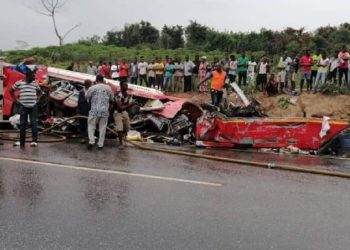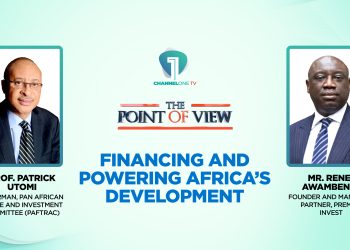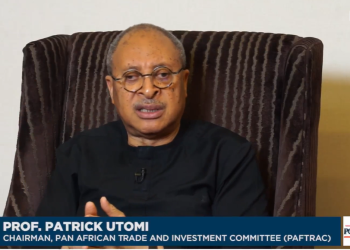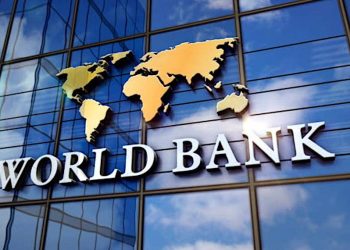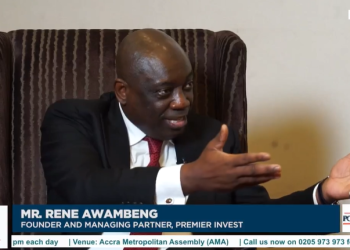The Director of the Royal African Society, Nick Westcott, has advised African governments to stop working in silos but form partnerships within their agencies as well as external governments in their climate action.
Speaking at a post COP 26 webinar organized by ACET and AUDA-NEPAD on the theme: ‘Climate Change: Securing Africa’s Future’, Mr. Westcott says the impact of climate change affects every aspect of human life across the sub-regions therefore, African governments must work as a team.
“Climate is something that respects no borders” hence “African governments have a lot to join up among themselves within their own government. We have the Environment Ministry doing something without any reference to Defense, Trade or Energy. All these are integrated and government has to make that step, likewise regionally; not one country doing something when the change is affecting across the whole region”, he stated.
He further called on them to take full responsibility as “Africa’s top priority is to stop facing the change [impact of climate change]” and this suggests that Africans “can’t say give us the money so we make the change; the change is happening throughout Africa, and government needs to take into account what we are doing [to resolve it].”
The CEO of AUDA-NEPAD, Ibrahim Mayaki commenting on the Glasgow Climate Pact, was optimistic on the issue of adaptation, stating that “for the fact that it is featured strongly in discourse and was given attention during the negotiations; I think it is a follow-up win for Africa.”
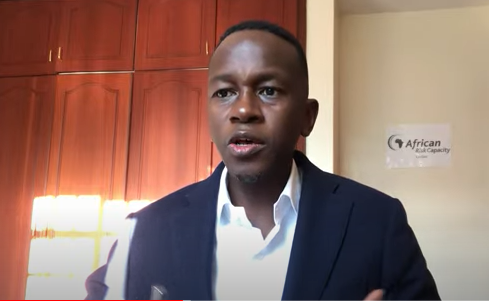
A guest on the panel, CEO of African Risk Capacity Limited Lesley Ndlovu, who was speaking on the sidelines of risk and resilience, explained that “resilience is giving our people on the continent the ability to bounce back from climate shocks which are increasing in frequency and severity. Resilience is about protecting people’s livelihood as well as safeguarding the development gains we have seen over the last few years.”
Therefore, “we like to think of capacity building in a more structured way. The starting way is risk awareness, so that countries can understand the risk awareness face of climate change. It is about developing contingency plan on how the country will still be in event. Also, it has to deal with the necessary skills that to coordinate large-scale disaster relief and also to utilize the sophisticated financial instruments in terms of managing their exposure”, he added.
Cesar Calderon, a Lead Economist, at the Office of the Chief Economist for Africa, World Bank, added that “our development is not affecting the climate, it is the climate that is affecting our development” and this makes Africa more vulnerable.
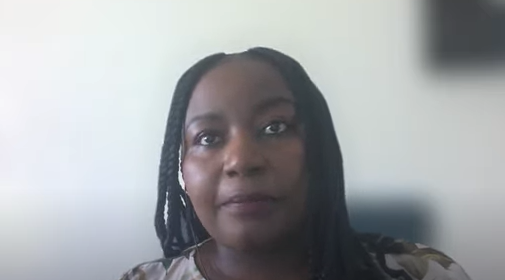
Another guest panelist, an Investment Director at Injaro Investments, Mirabelle Moreaux, called for adequate public funding to scale up innovations as this will make a significant difference for the global south.
Citing renewable innovations in Chad, she explained that “those kind of innovations are needed eminently and it is really unnegotiable” as adequate funding will cripple the idea of fossil fuel exploration which is a contributor to climate change.
“Catalytic funding goal to really help us identify those innovations which are pushing the use of local raw materials and enhancing them in the raw form. We need more innovations to get these models scalable and affordable so that housing which is the second biggest issue after food is also addressed in a very climate smart manner.
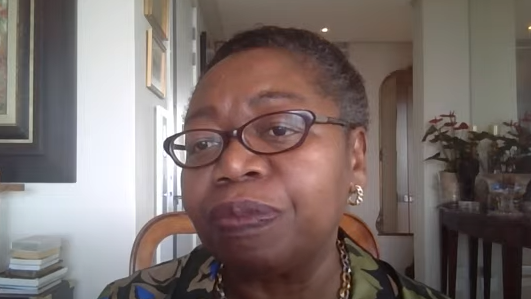
The webinar moderated by Dolika Banda, member of the Transformation Leadership Panel, hosted Nick Westcott, Director of the Royal African Society and Ibrahim Mayaki, CEO of AUDA-NEPAD.
Also, the expert panel included Mirabelle Moreaux, Investment Director, Injaro Investments; Lesley Ndlovu, CEO of African Risk Capacity Limited; Moky Makura, CEO of Africa No Filter and Cesar Calderon, Lead Economist, Office of the Chief Economist for Africa, World Bank.
The webinar provided a platform to discuss the outcomes of COP26 for Africa and drew on the perspectives on resilience, responsibility, accountability, and the gendered impacts of climate.







